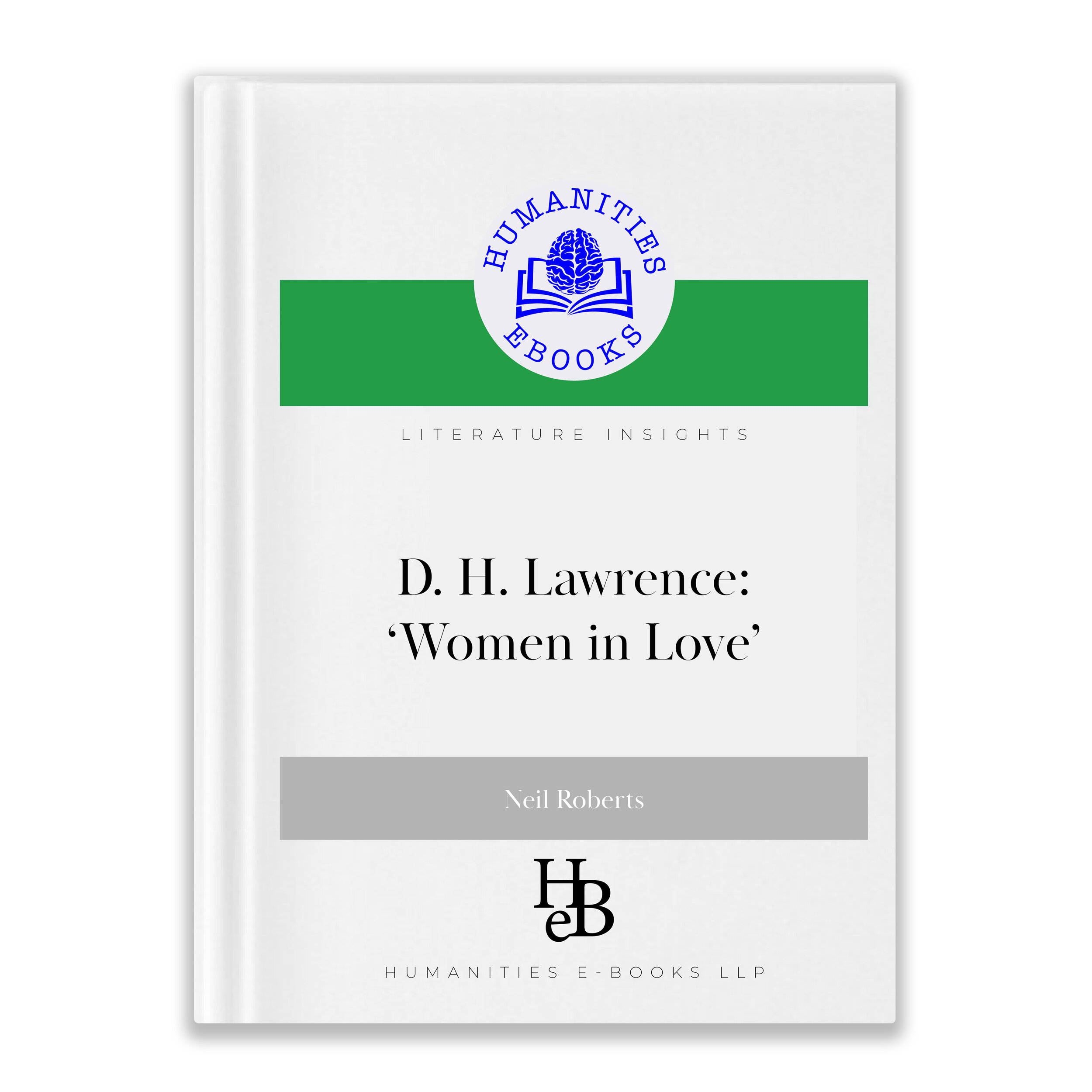Description
Part 1 of this book considers what it meant to be a Unitarian in the hungry forties, what Gaskell understood of Chartism and “˜political economy” and attitudes to women's rights. Part 2, on literary strategies, discusses the many ambiguities and instabilities in the book ““ suggesting where the reader may need to take issue with some of the standard critical assumptions about Gaskell's text, and considers how she might be compared to Dickens “ “and what Dickens learned from her. Part 3 reads the novel closely, raising numerous questions about how we might take particular passages. And Part 4 discusses some contemporary (i.e. Victorian) and recent critical approaches to the book. The aim is to leave the reader with a great deal of respect for a novel that is sometimes underestimated“ while pointing out some of its real departures from the best practice of Realist writers, practices that Mrs Gaskell herself did much to invent.
About the author
Richard Gravil's books include Romantic Dialogues: Anglo-American Continuities, 1776-1862, (St Martin's, 2000) Wordsworth's Bardic Vocation, 1787-1842 (Palgrave, 2003), and collections of essays on Swift, Wordsworth, Coleridge, and the Nineteenth-Century Novel. Master Narratives is available on this site. He was Convenor of the Wordsworth Winter School and Summer Conference, in Grasmere.
 Image 1 of 2
Image 1 of 2

 Image 2 of 2
Image 2 of 2















